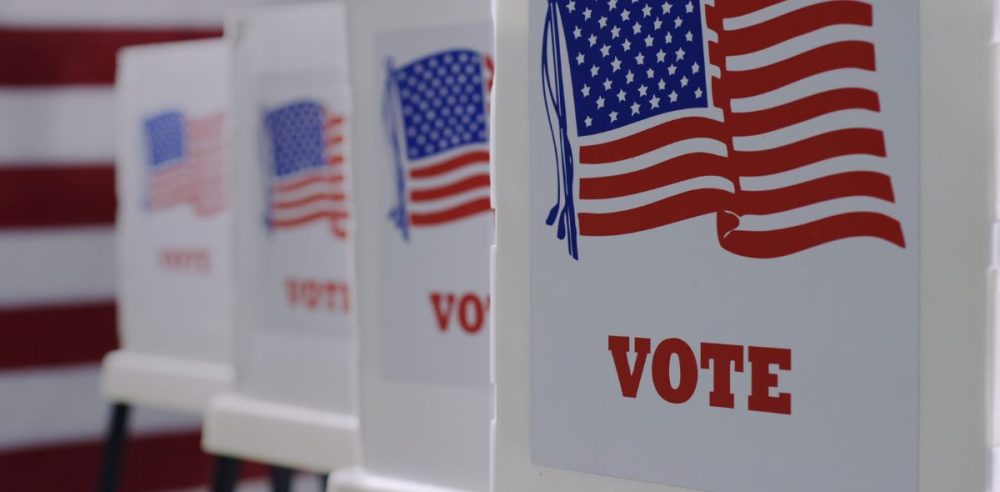As early voting continues in Tarrant County, there has been a noticeable increase with in-person voters compared to the 2020 elections, however, the number of mail-in ballots have significantly dropped.
During the first week of early voting, millions of Texans have cast their ballots for the upcoming elections in November. From October 21 to 27 alone, 367,752 residents voted early in person, an increase of over 56,000 from the same period of time in 2020, as previously reported by The Dallas Express.
The rise may be attributed to increased voter registration and heightened campaign efforts by various Republican candidates.
Political analysts suggest that former President Donald Trump’s involvement in encouraging early voting among Republicans has shifted the dynamic compared to the previous election, where many party members were previously hesitant to vote early, according to KERA News.
Joshua Blank, the research director for the Texas Politics Project at the University of Texas at Austin, told Newsweek that there appears to be “little indication of a Democratic surge” based on the current voting patterns.
However, in contrast to the increase in early voter participation, the overall number of mail-in ballots have dropped dramatically, with only 19,469 ballots submitted this year compared to nearly 50,000 in 2020.
This year’s first day of early voting still showed a notable 38% increase in participation. By the end of the first week of early voting, over 5.3 million Texans, almost 30% of those registered, had participated, as per the latest statistics from the Texas secretary of state.
As of Tuesday morning, updated numbers indicate that 5.98 million Texans have voted, resulting in a turnout exceeding 32%.
Blank confirmed to Newsweek that the early voting numbers appeared favorable for Republicans, saying, “Through day three of early voting, more voters with a Republican primary history have voted so far compared to voters with a Democratic primary voting history.”
“So far, this is looking like a high turnout election for Texas, but not necessarily higher than 2020,” he added.


